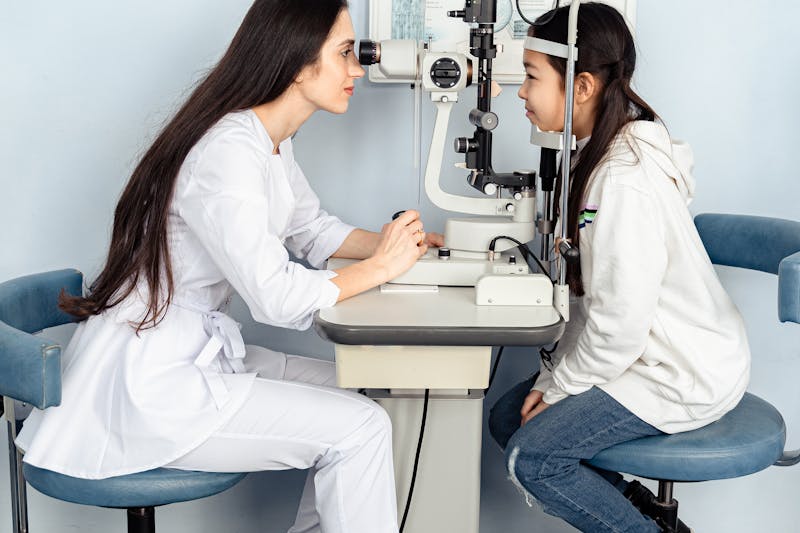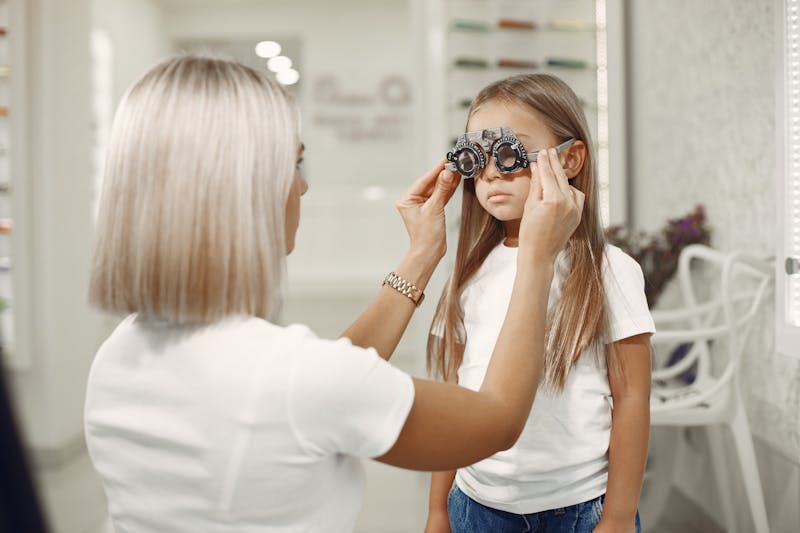We’ve all been there – feeling a tad nervous ahead of our very first visit to the optometrist. You may be wondering, what should I expect? What preparations do I have to make? Can I eat breakfast? Do I need to bring someone along? As your virtual home and lifestyle companion, we’re here to ease your worries and answer these essential questions. In this comprehensive guide, we’ll walk you through the paces of preparing for your first eye exam, ensuring you’re well-equipped and up to the task.
In a notion, you'll get to understand the basics of what to expect during an optometric examination, the significance behind each activity, the necessary actions to take prior to the visit, and important points to discuss with your optometrist. After delving into this blog post, your apprehensions will swiftly shift into a buoyancy, complete with relevant knowledge and a clear mental view of the upcoming procedure.
What is an Optometry Visit?
An optometry visit is a routine check done by an optometrist to assess your eye health and visual acuity. It’s more than just testing how clearly you can see. Your optometrist will evaluate your eye coordination, depth perception, and capacity to adjust focus. They’ll also be on the lookout for any signs of eye diseases or conditions that could affect your overall health. Knowing these finer details will help you feel more at ease when you step into the optometrist's office.
Why is it Important?
Uncorrected vision problems can significantly impact our day-to-day lives, from the mundane tasks to the memorable experiences we want to grasp with clarity. Regular eye exams can help early detection of eye diseases, allowing for better prognosis and less comprehensive treatment. It’s an important health check that’s often overlooked but can contribute greatly towards our overall wellbeing.

When Should I Go?
Anytime is a good time for an eye exam, especially if you’ve been experiencing vision problems. But generally, it’s recommended for adults to have an eye check-up every two years and annually for those who wear glasses or contacts.
What Should I Bring to the Exam?
Bring along any glasses or contact lenses you currently use. If you already have a prescription, take that too. It’s also helpful to list down any vision issues you’ve been having or any questions you might want to ask.
Eye Drops and Their Effect
In some eye exams, you might be given eye drops that can temporarily blur your vision. In this case, you might want to arrange for someone to pick you up after the visit
Discussing Your Eye Health
Lastly, remember to thoroughly discuss your vision concerns with your optometrist. They're there to help and guide, so don't refrain from expressing any issues or worries you have!
Conclusion:
Seeking professional eye care should be a fundamental part of maintaining our overall health. Understanding what to expect during an eye exam can aid in reducing anxiety and facilitating a smooth, stress-free visit. Going through the points discussed will equip you with knowledge and the readiness required for your visit. Remember, your optometrist is a crucial partner in safeguarding your eye health and ensuring clarity in your visual journey. Don't hesitate to discuss and ask questions. Here's to clear vision, and better, illuminated experiences in life!





Comments